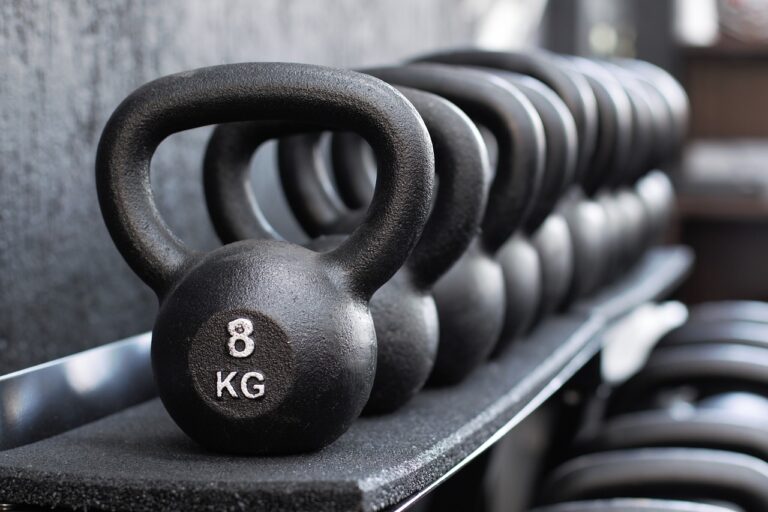Innovations in Cricket Pitch Preparation and Maintenance: Laser247, Gold365, 11xplay
Laser247, Gold365, 11xplay: To ensure the optimal performance of sports fields and pitches, the implementation of pitch quality assessment tools has become imperative. These tools play a crucial role in evaluating various aspects of the pitch, such as surface evenness, compaction, moisture content, and grass coverage. By providing quantitative data on the condition of the pitch, groundskeepers and facility managers can make informed decisions regarding maintenance and enhancement strategies.
One of the widely utilized pitch quality assessment tools is the turf hardness tester, which measures the firmness of the pitch surface. This tool helps in identifying areas that may require aeration or decompaction to improve playing conditions. Additionally, the use of GPS-guided mapping devices allows for accurate measurement of pitch dimensions and slope, aiding in the maintenance of consistent playing surfaces across the field.
Sustainable Pitch Maintenance Practices
Grass pitches require ongoing upkeep to ensure their sustainability, longevity, and playability. Regular mowing is crucial to maintaining an even surface and promoting healthy grass growth. Additionally, aeration helps to improve soil drainage, reduce compaction, and allow roots to penetrate deeper into the ground.
Applying fertilizers and nutrients at the right times can enhance grass health and vigor. These supplements aid in maintaining the necessary level of nutrients in the soil, resulting in lush, green playing surfaces. Moreover, overseeding bare patches and repairing damaged areas promptly contribute to consistent pitch quality and overall pitch aesthetics.
Advancements in Pitch Irrigation Systems
One notable advancement in pitch irrigation systems is the integration of smart technology. This innovative approach allows for more precise monitoring and control of water usage, leading to improved efficiency and conservation of resources. By harnessing data and real-time feedback, groundskeepers can better address the specific needs of the pitch, ensuring optimal playing conditions while minimizing water waste.
Additionally, the use of recycled water in pitch irrigation systems has gained momentum as a sustainable alternative. This eco-friendly practice not only reduces dependence on freshwater sources but also contributes to overall water conservation efforts. Recycled water, when properly treated and managed, can be a cost-effective solution that aligns with the growing emphasis on sustainability in sports facility management.







